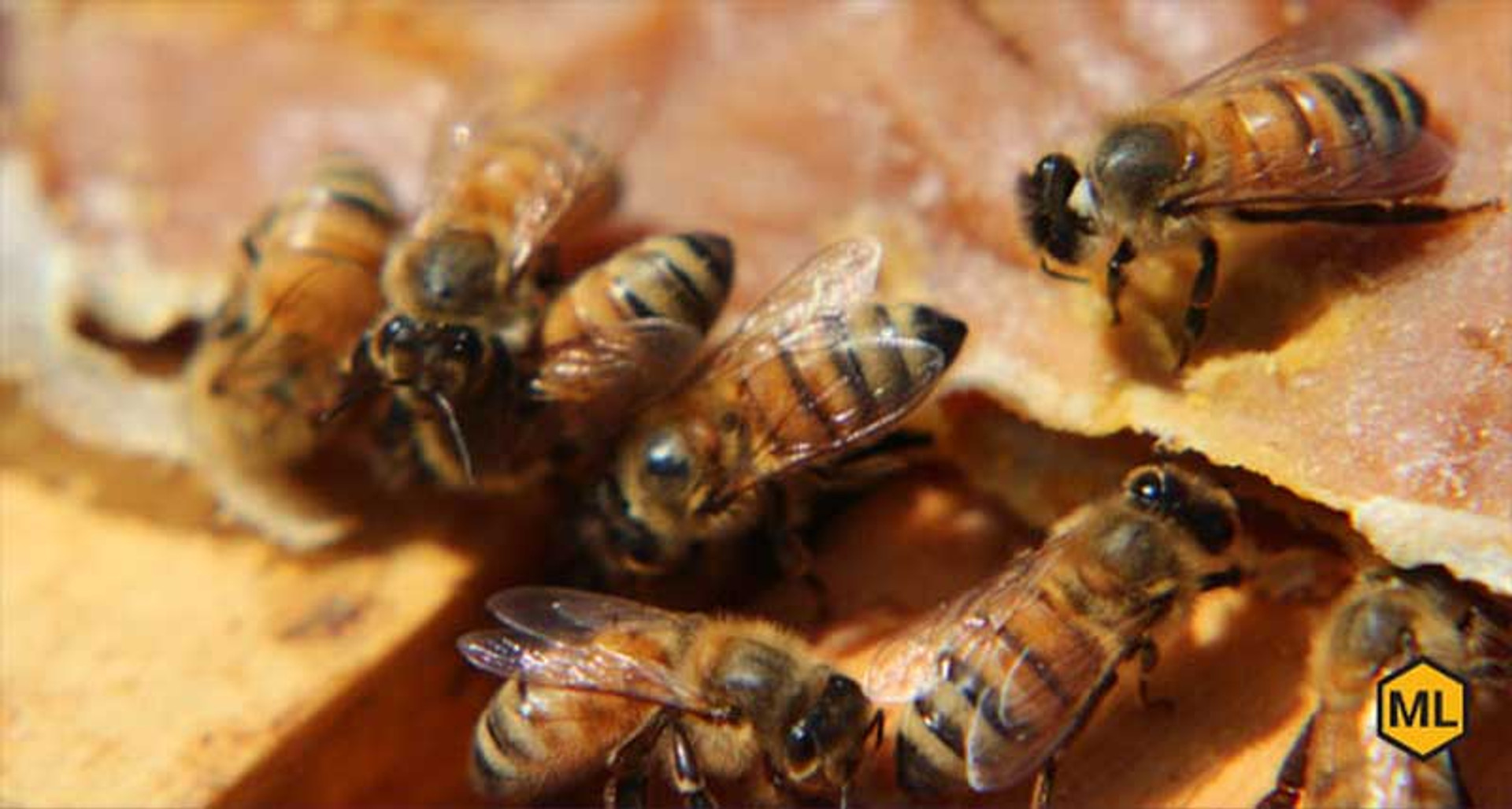What Diet Does A Honey Bee Require?
All creatures have essential food that they need to consume in order to grow, live, and reproduce. Bees are no different. In fact, they need many of the same nutrients as humans—they just get those nutrients in different ways and through different ingredients. If you’ve ever wondered what diet a honey bee requires, check out this overview.
Nectar
Like many living things, bees need carbohydrates. The body breaks down carbohydrates into glucose, which can be used as an energy source. Honeybees get those carbohydrates from the nectar they forage. The nectar—as well as the honey they make from it—gives them energy that allows them to fly around in the summer and keep their hive warm in the winter. Because bees are busy workers and need to provide nectar for the entire hive year-round, they need all of the energy that they can get!
Pollen
Nectar might provide the necessary carbohydrates, but pollen provides almost everything else bees need. It’s a huge part of the diet a honey bee requires. The most important thing honey bees get from the pollen they collect is protein.
Protein is especially important for the larvae, which need plenty of protein to grow into adult drones or worker bees. Nurse bees in the hive will mix pollen with nectar to form protein-rich bee bread, which they then feed to the larvae. On top of being a source of protein, pollen also provides the vitamins, minerals, and lipids that bees need to raise the larvae and keep the hive thriving.
Beekeepers sometimes use pollen substitutes to supplement their hive’s diet.
Bees burn through energy quickly, which is why it’s important that they always have an abundant and nutritious food supply. If your bees aren’t getting the energy they need, you can choose from an assortment of bee feeders to provide for your hive.

